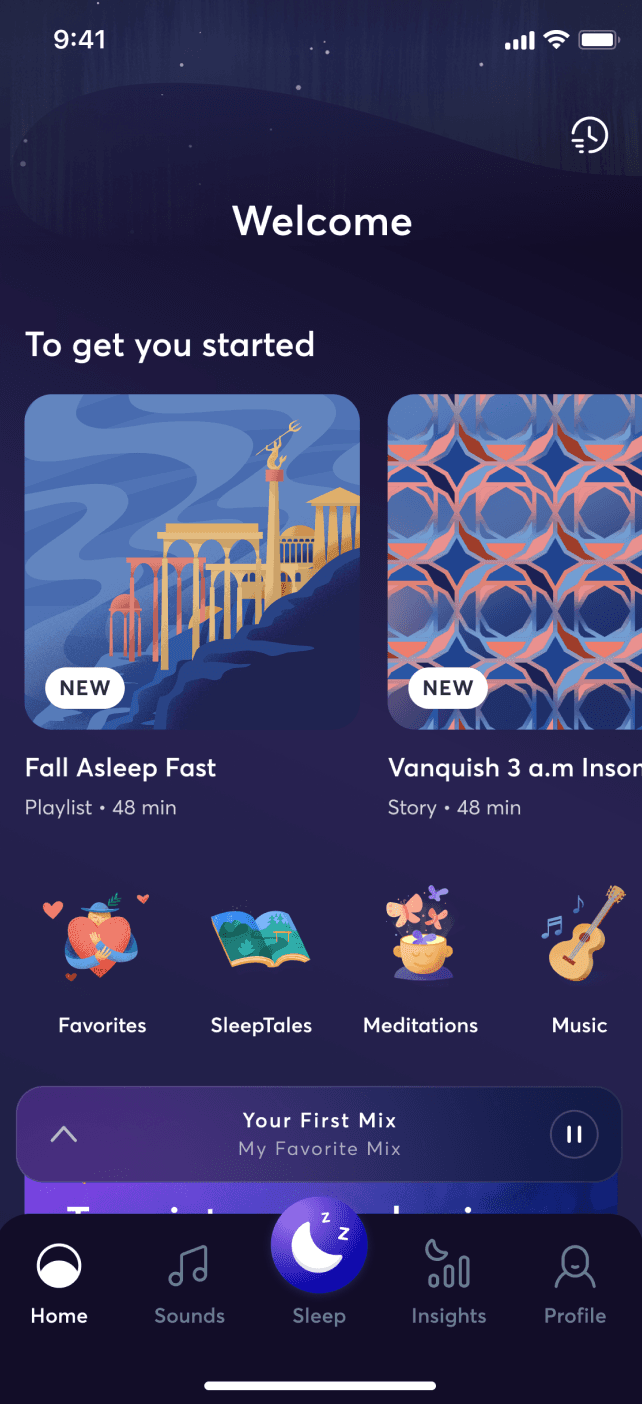
The Power of Affirmations for Your Mental Health
Positive affirmations can be useful for improving and maintaining good mental health. When used regularly, these powerful statements can reduce depression and stress, increase self-esteem, and reduce harmful and damaging negative thoughts.
What is an Affirmation?
An affirmation is a short, direct, and positive statement used to change, challenge, or keep negative thoughts at bay. Affirmations are an active way of building confidence and avoiding the negative self-talk in which most people engage.
Affirmations are simple and powerful. For instance, as you start to think negatively about yourself, you might say, “I am worthy of love,” “I am smart and capable,” or “I have control over my own life.” You can say affirmations either out loud or in your head.
The Benefits of Affirmations for Mental Health
People use affirmations because they work. Science has proven that positive affirmations do benefit mental health:
- In one study, researchers found that affirmations trigger the part of the brain that signals a reward. It releases the same brain chemicals as other pleasurable experiences. Activation of these chemicals makes you feel happy and helps manage stress.
- The same study also saw activation in the part of the brain involved in self-related processing. Activation in this area helps put a barrier between yourself and negative information or experiences.
- Another study found that affirmations could help people stop or reduce rumination(continuously thinking the same thoughts.) Rumination is often focused on negative thoughts and is associated with depression.
- Researchers found that when people used affirmations by personal choice, they could better cope with negative and threatening situations. The benefit was less when they were told to use affirmations rather than choosing to do so.
- Studies show that regular use of positive affirmations reduces depression symptoms, improves self-esteem, and decreases negative thinking.
How to Use Affirmations to Feel Better
Use affirmations regularly and over the long term to get the best results. You can create your own or search online for positive affirmations to find those that appeal to you. Affirmations may be most useful when you use them to actively challenge negative thoughts.
It takes some practice to catch yourself thinking those thoughts, but when you do, replace them with an affirmation. For instance, if you start to give yourself a hard time for making a mistake, replace that thought with something like: “Making mistakes is a necessary part of learning.”
Another good way to use affirmations is with meditations. When you meditate, choose a short but powerful affirmation to repeat or listen to. BetterSleep has a wide range of guided meditations with positive affirmations. Choose one that speaks to you and aligns with your goals. Some examples include the Self-Love Body Scan, Morning Affirmation, Gratitude for Better Sleep, and Self-Acceptance for Sleep.
Affirmations may seem simple, but they are also powerful. The more you can change your negative self-talk to positive messaging, the better you’ll feel mentally and emotionally.






















